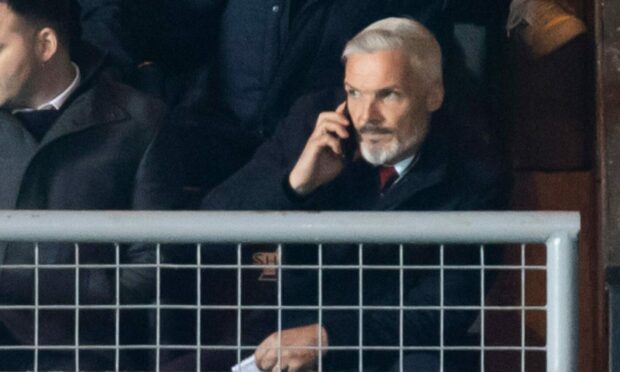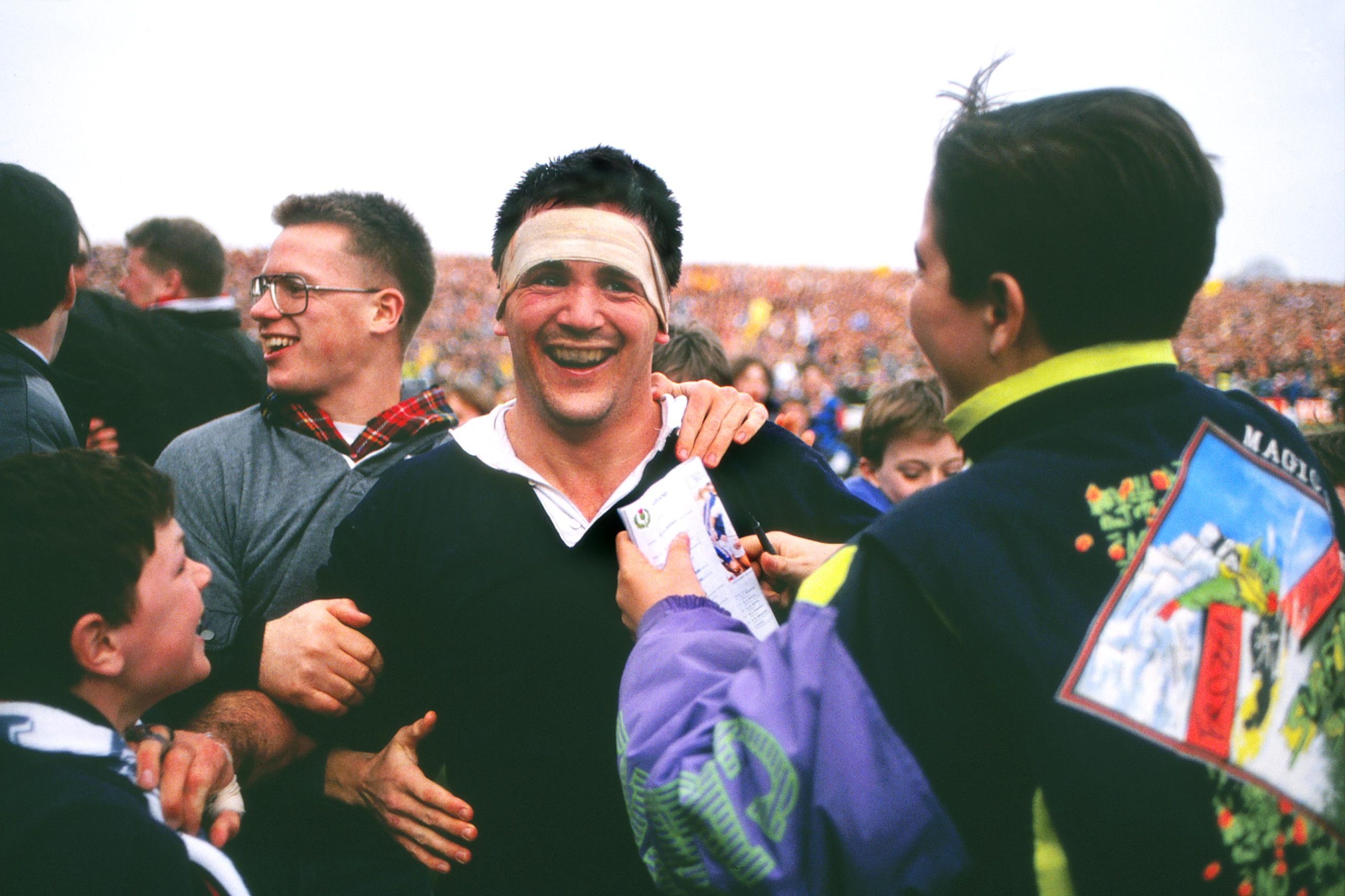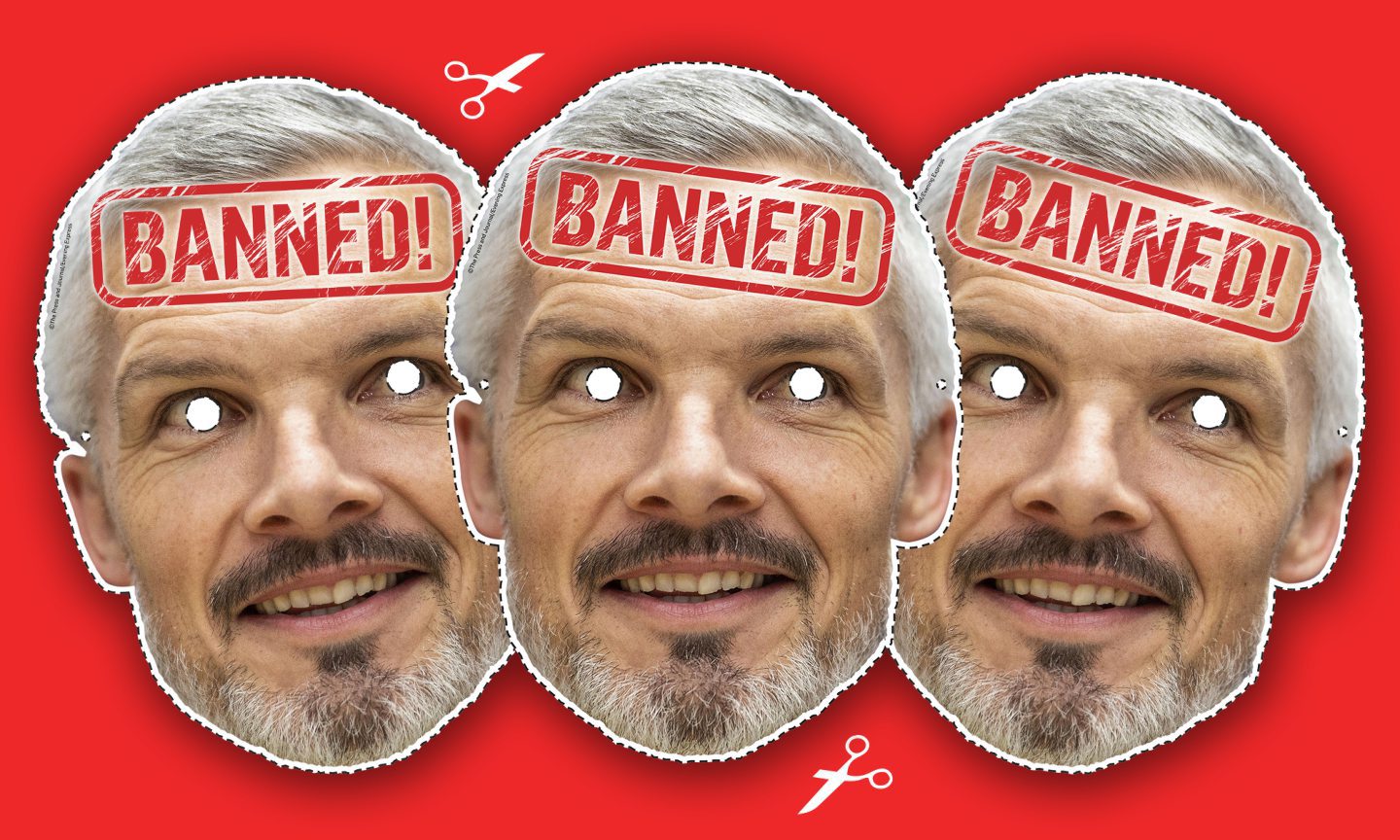The setting was Raeburn Place on a chilly winter’s afternoon in 1995, where hosts Edinburgh Academicals were offering tremendous last-ditch resistance against their opponents from Melrose during a fraught denouement.
Wave after wave of attacks showered down on the Accies rearguard, but they stood firm for so long it seemed they would achieve a much-needed victory in their battle against relegation. Yet, what on earth was the referee, Colin Henderson (from Kelso) doing, as the clock ticked on and we advanced seven, eight minutes into injury time?
The crowd on the periphery grew increasingly restive as the proceedings continued. One supporter shouted – minus the expletives – “Does this guy think he’s reffing a football match?” Then, eventually, the Borderers sent the ball wide and, as their rivals ran out of defenders, they scored a try and reacted as if they had won the World Cup.
Well, you can probably understand why there was a fair amount of steam coming out of people’s ears in the next few moments. And nobody was more furious than the Accies coach, David Sole, the same man whose slow walk out onto the Murrayfield turf had been one of the most memorable aspects of Scotland’s 1990 Grand Slam triumph.
No shrinking violet, the former Test prop didn’t mince his words. He had no idea why Henderson had kept playing on beyond the point where common sense flew out of the window. But then, he raised plenty of eyebrows when he added that, in his view, what the official had done was “tantamount to cheating”. Light the touchpaper and retreat.
This comment, even taken in its context and in the heat of the moment, predictably sparked a backlash from those in the corridors of power at Murrayfield who responded with outrage.
Test whistler Ray Megson stated he wouldn’t officiate at Raeburn Place again until the controversy had been resolved. Sole, the hero of the hour on so many occasions for his country, was portrayed as the villain of the piece and, soon afterwards, the edict came down from on high: he was banned for six months.
It was a draconian punishment which attracted heavy criticism from many quarters. Accies’ spokesman Magnus Moodie said at the time: “This sentence is very harsh. Players are suspended for six weeks for standing on other people’s heads. But David has been banned until the end of the season for what the SRU say is a ‘breach of etiquette.'”
Aberdeen FC aficionados might be feeling a sense of deja vu at this point. Last month, their manager, Jim Goodwin, accused the Hibs player, Ryan Porteous, of “blatant cheating” after he went down in the penalty box as if felled by a sniper.
No Scales of justice in this decision
The incident led to the Dons conceding a penalty and defender, Liam Scales, being red-carded. An afternoon which had begun well for the visitors to Leith finished in a 3-1 defeat and Goodwin was incandescent when he spoke to the media.
Of course, the Scottish Football Association was always going to investigate the matter, and whatever Goodwin offered in mitigation was never likely to prevent them from flinging the book at him. Nonetheless, few anticipated they would dole out an eight-game ban (six now and another two suspended until the end of the season), especially when compared to the punishments given to others on the Scottish circuit.
Yet, while the affair has led to many Aberdeen supporters hurling abuse at the SFA and accusing them of having a “central belt bias”, Goodwin should have buttoned his lip.
What did he imagine would happen, following his outburst? Did he really believe branding somebody in the terms he employed would not land him in the dock?
And, although the Pittodrie club has appealed against the severity of the ban, the damage it has caused was evident in the picture of Goodwin sitting with his head in his hands as SPFL table-proppers Dundee United thrashed their New Firm adversaries 4-0 on Saturday night.
There was similar angst for Dundee when they appointed Mark McGhee last season and his ill-starred tenure, much of it spent in the stand, was one of the reasons why the Dens Park organisation were relegated from the top flight.
There’s a familiar thread here. As somebody who was at the Accies v Melrose contest all those years ago, I was as suspicious as anybody else about the circumstances which surrounded the lengthy period of added-on time. It felt as if the referee was allowing the action to drag on unnecessarily, but it’s one thing to slate him for that and another matter entirely to accuse him of delaying the final whistle until Melrose scored.
In Goodwin’s case, whatever his opinion of Porteous’ theatrics, which cost the Dons a goal, a man and ultimately another away loss, once again there was nothing to be gained from denouncing the Hibs man as a “cheat”. Can anybody remember a single instance when trashing a player or a referee paid dividends?
But, most weeks, we still witness angry footballers rushing towards officials and screaming outrage at their contentious decisions. Does it ever change anything, except to earn the more cantankerous hotheads a booking? Not from where I’m sitting.
In short, as was drummed into many of us at school, the referee is right, even when he’s wrong. And whether he is having a shocker, using the c-word – cheat – never helps.




Conversation